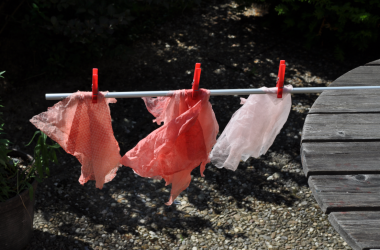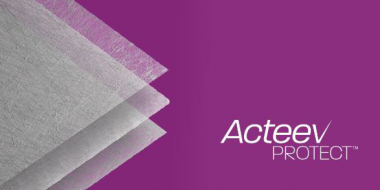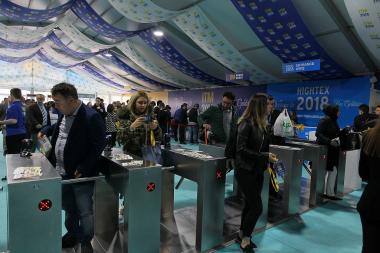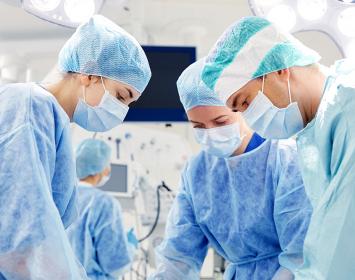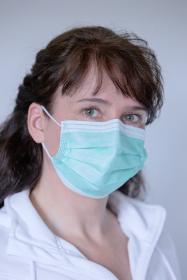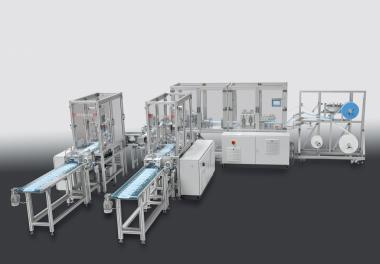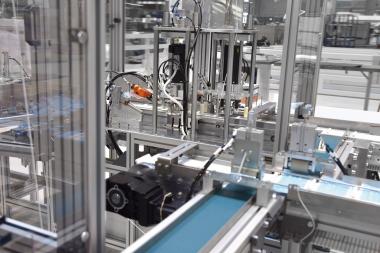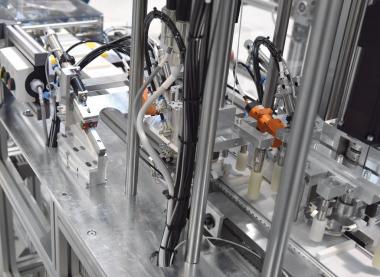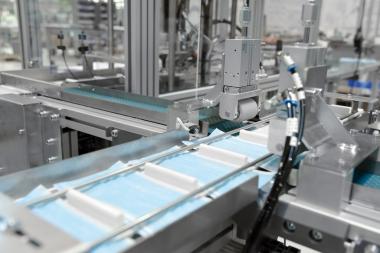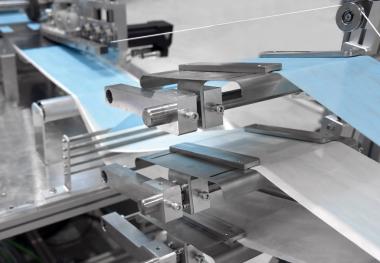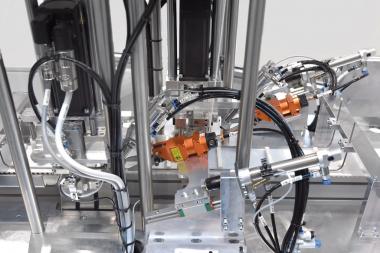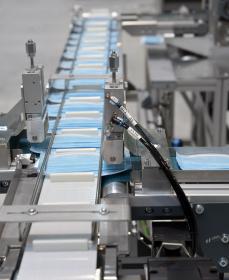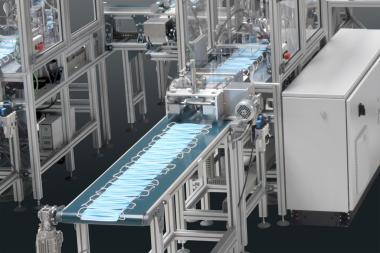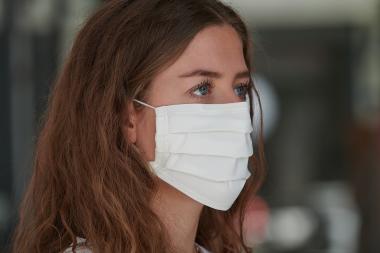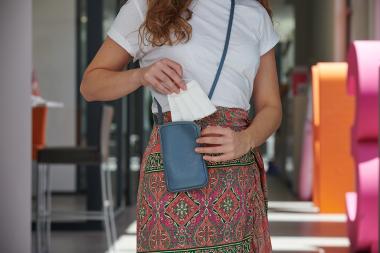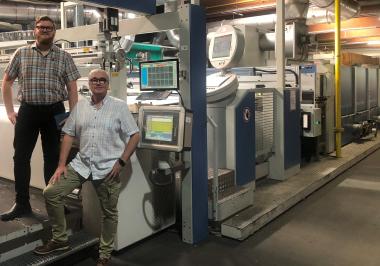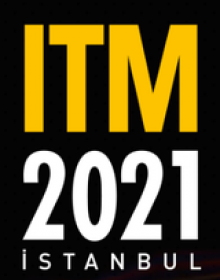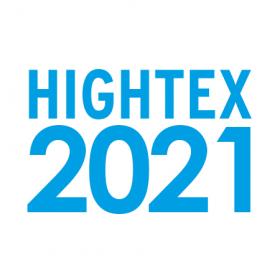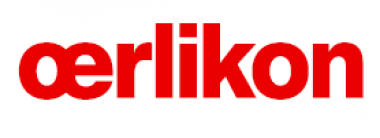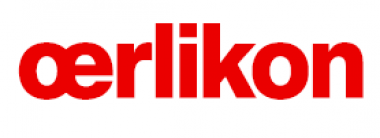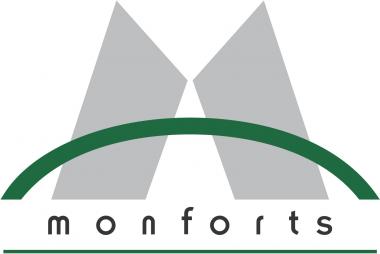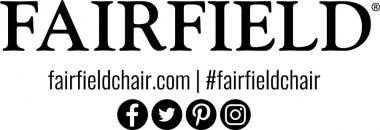PCMC adds virus-killing wet wipes machines to nonwovens lineup
Paper Converting Machine Company (PCMC) has announced its industry-leading wet wipes folding machines the Rx200 and Mako Clipper are now available with high-content alcohol, measuring as much as 70 percent.
Previously, PCMC wet wipes machines operated with less than 20 percent alcohol, producing disinfectant wipes for personal, home, industrial and automotive use. However, the COVID-19 pandemic has created a spike in demand for sanitizing wipes that contain at least 70 percent alcohol, the key component in killing or deactivating viruses.
To help manufacturers meet the increased demand, PCMC redesigned its Rx200 and Mako Clipper to safely operate with high-content alcohol. The new designs feature increased air exchange for better ventilation and additional sensors to eliminate the risk of flash points and fires. The machines also include IDS 150/300 integrated dual stackers and a redesigned Mako saw to meet more stringent regulations and higher machine performance expectations.
Barry-Wehmiller






